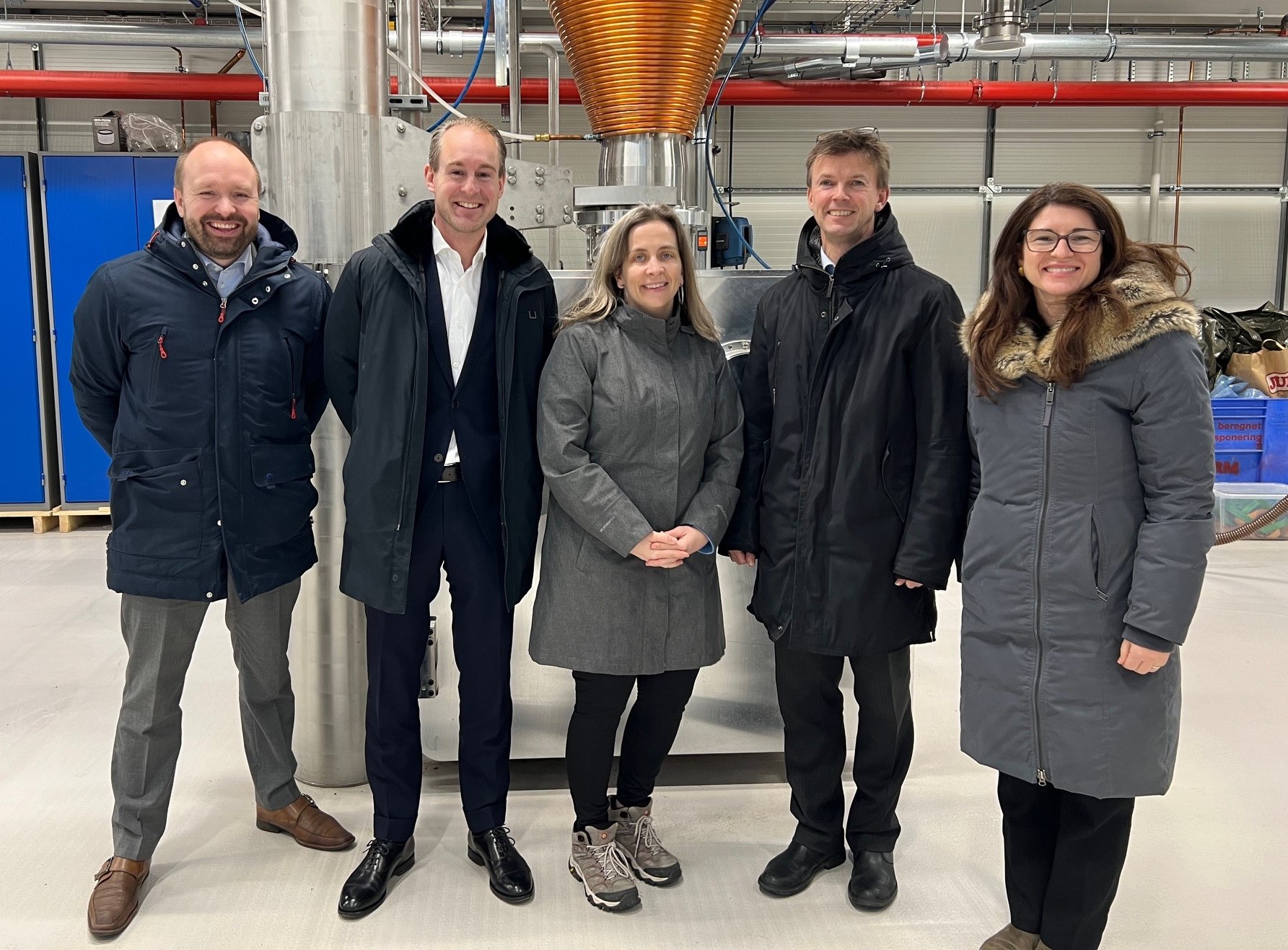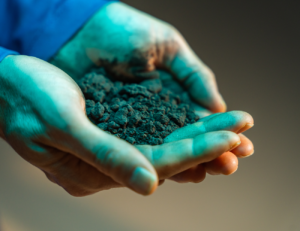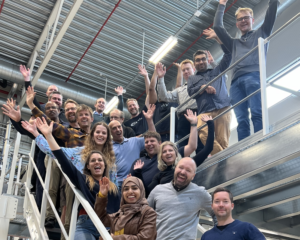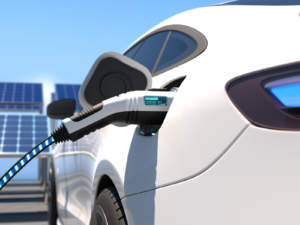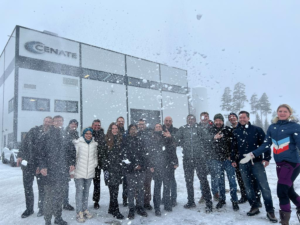The Special Assistant has come to Norway to emphasize the importance of building out clean energy, manufacturing, innovation and technology at scale firstly to minimize climate change and secondly to build partnership with other countries that the US wants to build investments and resilient value chains together with.
The purpose of the special visit to the Cenate Pilot Plant was to learn about the new and unique Silicon Anode material developed and produced by Cenate and understand how the US can help scaling this technology.
– This technology is really fantastic! Cenate is innovating around today’s problematic materials to find a better solution for a better battery in the long run, said Sarah Ladislaw to Cenate and NRK after the visit. Battery technologies are important – not only for the US, but for the world. We really understand that this is one of the main strategic heights of the future, and we want to ensure that we are doing our parts in the US to invest in not only innovation, but also manufacturing and a diversified supply chain, continued the Special Assistant.
Cenate is currently preparing to expand its technology from today’s pilot plant first to a small continuous production line at Holtskogen suitable to produce 200-400 tons per year and secondly to a 2000 ton per year manufacturing plant in the US – scalable to 10 000 tons. Larger scale expansion in Europe can only be done later- and in parallel with the establishment of a large scale silane plant, which is the main raw material for Cenate.
-It is a great honour to receive a visit to our pilot plant from the Special Assistant to the US President. We are just at the very edge of bringing a completely new material to the market that will strongly stimulate the electrification of transport and lower carbon emissions. For our planned expansion in the US, it is very good to see that we have such a strong interest at the highest political level, says Erik Sauar, CEO of Cenate.
